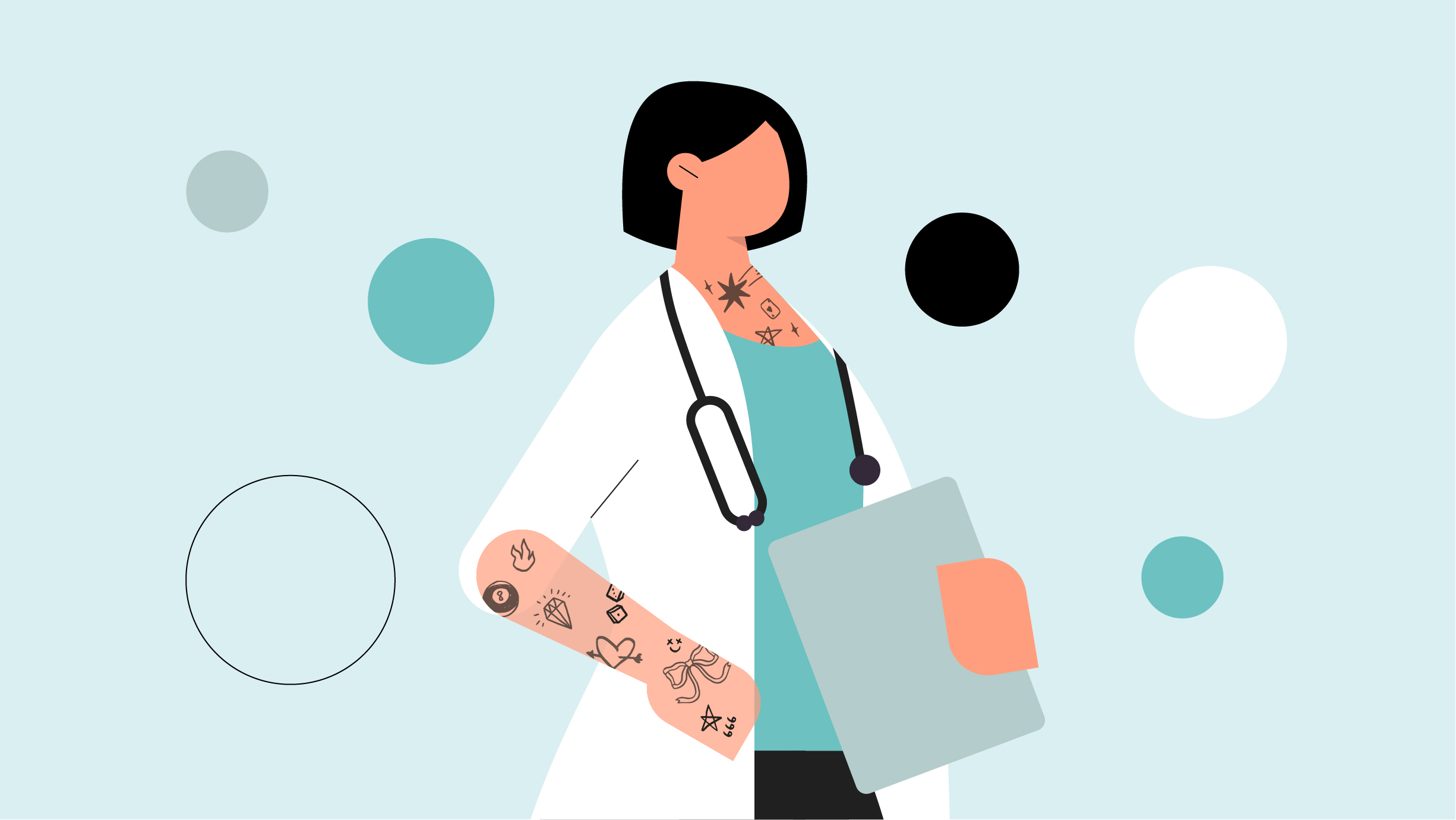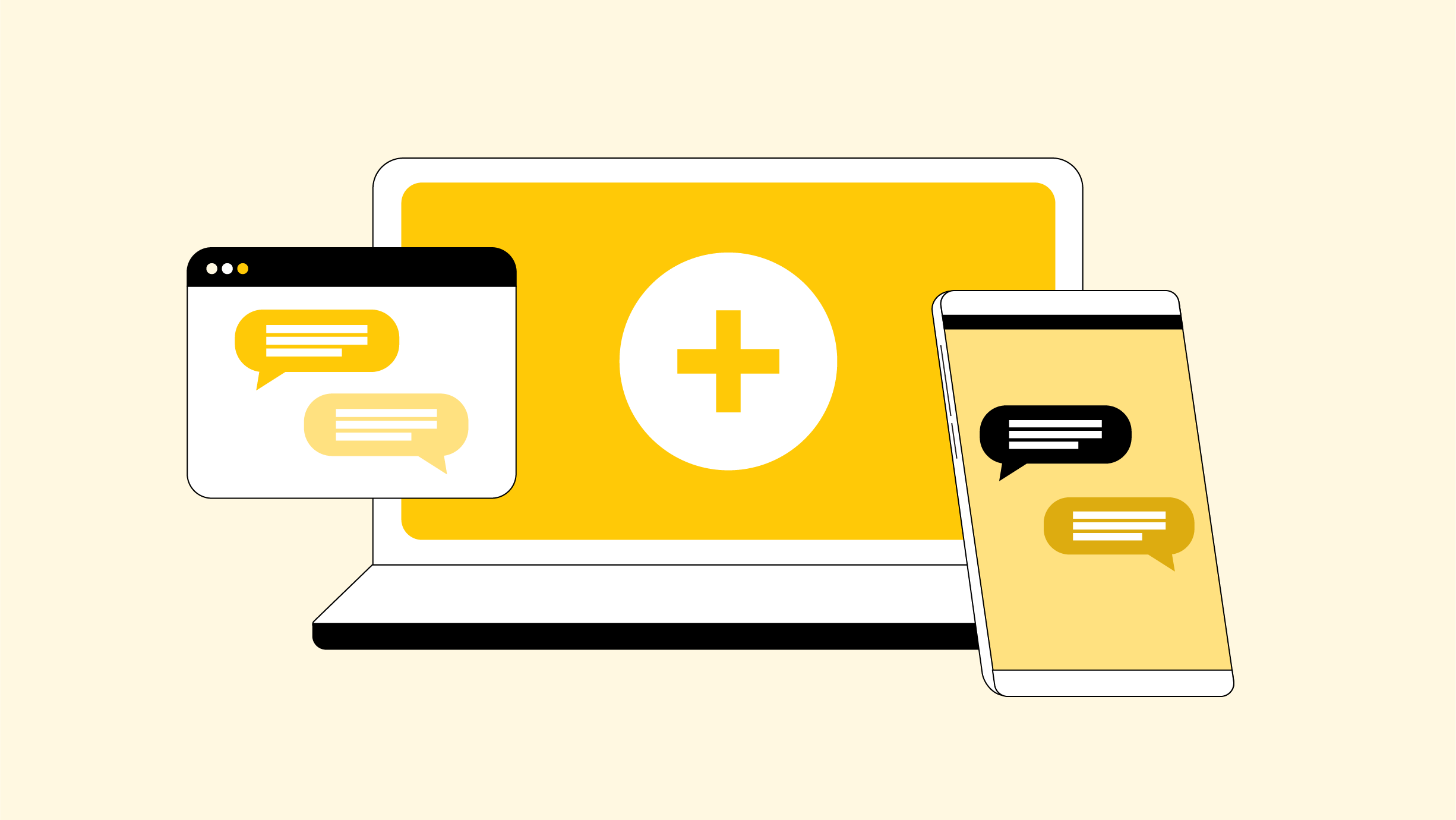What should I tell my care team before I take this medication?
They need to know if you have any of these conditions:
- Any active infection
- Cataracts
- Diabetes
- Glaucoma
- Having surgery
- High blood pressure
- History of stomach ulcers
- Immune system problems
- Liver disease
- Osteoporosis, weak bones
- An unusual or allergic reaction to budesonide, other medications, foods, dyes, or preservatives
- Pregnant or trying to get pregnant
- Breastfeeding
What may interact with this medication?
- Antacids
- Certain antibiotics like clarithromycin or erythromycin
- Certain antivirals for HIV or hepatitis
- Certain medications for fungal infections like ketoconazole, itraconazole, or posaconazole
- Cimetidine
- Cyclosporine
- Grapefruit juice
This list may not describe all possible interactions. Give your health care provider a list of all the medicines, herbs, non-prescription drugs, or dietary supplements you use. Also tell them if you smoke, drink alcohol, or use illegal drugs. Some items may interact with your medicine.
What should I watch for while using this medication?
Visit your care team for regular checks on your progress. Tell your care team if your symptoms do not start to get better or if they get worse. If you are taking this medication over a prolonged period, carry an identification card with your name and address, the type and dose of your medication, and your care team's name and address.
This medication may increase your risk of getting an infection. Tell your care team if you are around anyone with measles or chickenpox, or if you develop sores or blisters that do not heal properly.
If you are going to need surgery or other procedure, tell your care team that you are using this medication.
This medication may increase blood sugar. Ask your healthcare provider if changes in diet or medications are needed if you have diabetes.








